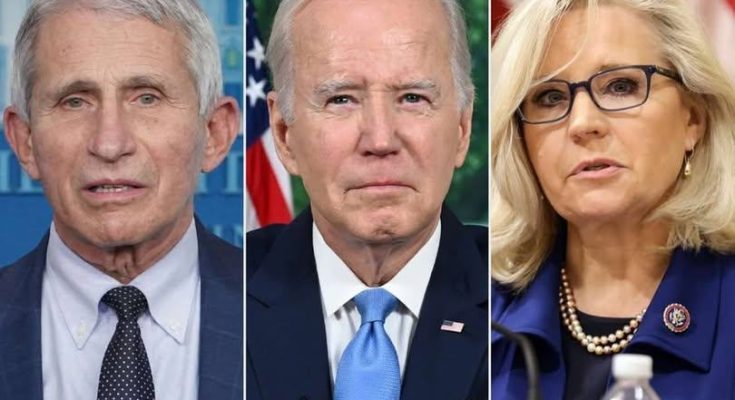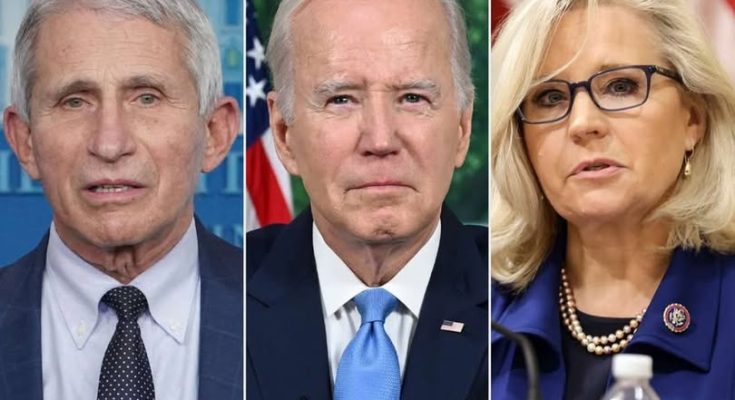In a significant and dramatic finale to his presidency, Joe Biden granted a series of last-minute pardons aimed at protecting key allies, including former Republican Congresswoman Liz Cheney and Dr. Anthony Fauci, from potential repercussions under the forthcoming Trump administration. This action was perceived as a proactive strategy to safeguard individuals who might be targeted by the Republican Party’s political agenda; however, legal analysts and critics have noted that these pardons carry important restrictions.
The pardons, which also included former Joint Chiefs of Staff Chairman Gen. Mark Milley and members of the January 6 Committee, ignited immediate controversy. Detractors, including notable allies of Trump, contended that the pardons would not prevent the recipients from being compelled to testify under oath if summoned by a Congress controlled by Republicans. Legal analyst Jesse Binnall emphasized that those pardoned could still encounter legal risks if they were to commit perjury during any future testimonies.
“The pardons are actually great news,” Binnall remarked on X, previously known as Twitter. “No one who was just pardoned will be able to refuse to testify in a civil, criminal, or congressional proceeding based upon the 5th Amendment.” He further noted that the primary challenge would be to ensure impartial proceedings outside of Washington, D.C., which he described as a “biased venue.”
Some critics, including retired U.S. Army officer and attorney Kurt Schlichter, shared Binnall’s apprehensions regarding the fairness of judicial outcomes in D.C. Schlichter suggested that relocating depositions and testimonies to locations outside the capital could mitigate perceived liberal bias.
Trump himself responded during his inaugural day activities, denouncing Biden’s pardons and specifically targeting Cheney. “Liz Cheney is a disaster,” Trump stated to reporters from the Oval Office. “She’s a crying lunatic… and very, very guilty of bad crimes.”
Legal experts were quick to remind the public that presidential pardons are not without their limitations. In a comprehensive discussion on X, former Arizona legislator…
A pardon generally provides forgiveness for a particular offense or a series of offenses committed prior to the issuance of the pardon, as noted by Barnett. He further explained that if an individual is convicted of treason after having received a pardon for earlier crimes, that pardon does not apply to the new charge.
The discourse surrounding Milley’s pardon has intensified the existing controversy. Milley, who encountered backlash from Trump for allegedly reaching out to his Chinese counterpart during the concluding days of Trump’s first term, has faced accusations from some conservatives regarding his potential compromise of national security. Critics contend that while Milley’s pardon may offer protection against certain actions, it would not cover any substantiated claims of treason.
Biden’s final actions as president highlight the ongoing division within American politics, as both Democrats and Republicans prepare for intensifying confrontations over accountability and governance. Rather than alleviating tensions, the pardons have paved the way for increased scrutiny and legal challenges in the forthcoming months.




